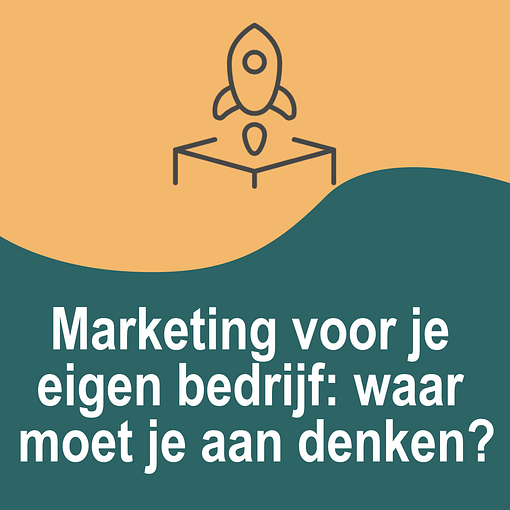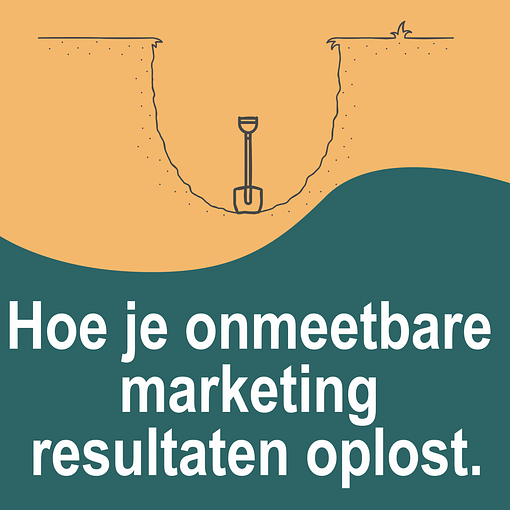In recent years, the digital skills of the Dutch have improved significantly. According to Statistics Netherlands (CBS), in 2023, nearly 80% of the population aged 12 and older had at least basic digital skills, an increase compared to 74% in 2021 (CBS, 2023This is a positive development, but significant differences remain between generations. Young people are often very adept with technology, while older people often struggle with digital systems. This difference not only affects how people use technology, but also how they are approached by marketing. In this blog post, we explore how digital skills differ between generations, how marketing uses and sometimes abuses these skills, and how social skills play a role in this.
Digital divide between young and old
Young people between the ages of 25 and 35 are at the top of the digital skills scale. Approximately 65% of this group possess more than basic digital skills. This means they can perform not only simple tasks, such as sending emails or searching for information, but also master more complex skills, such as using online tools for work and study.
Among older adults, this percentage is much lower. Only 28.9% of 65- to 75-year-olds have more than basic skills, and among those aged 75 and over, this drops further to 15% (CBS, 2023). Older adults are therefore at greater risk of being excluded from an increasingly digital society. This divide affects how people access information, but also how they are influenced by marketing.
Marketing and digital skills
Marketing professionals adapt their strategies based on the digital skills of their target audiences. For young people, who are often active on social media and streaming platforms, campaigns focus on interactive content, influencers, and personalized ads. Think of ads on Instagram or TikTok that use algorithms to reach precisely the right audience.
Seniors are approached differently. Marketing targeting this group often uses emails, banners on news websites, or even traditional media like television and physical mail. While this may seem like a smart and effective approach, it carries a risk. Seniors with limited digital skills are more vulnerable to misleading information, phishing emails, and advertisements that deliberately exploit their limited knowledge.
Abuse through dishonest marketing
The problem becomes more acute when marketing crosses ethical lines. A common example is the use of false offers or fake websites to mislead people. Older adults are often victims of this, as they sometimes have difficulty recognizing whether a website or email is trustworthy. These forms of deception are more common in sectors such as telecommunications, insurance, and online shopping.
Young people, in turn, are not immune to abuse. Although they are more digitally savvy, they often encounter subtle forms of manipulation, such as the collection of personal data without clear consent. This data is then used to personalize ads, tempting young people to make impulse purchases.
Research into social skills in the Netherlands
Besides digital skills, social skills also play a role in how people interact with marketing. In the Netherlands, various initiatives and research are focused on strengthening social skills, particularly among young people. For example, the Netherlands Youth Institute (NJi) offers the "Tailor-Made Social Skills" intervention. This program focuses on improving communication and reducing behavioral problems in young people aged 15 to 21 (NJi, 2023Social skills such as critical thinking and assertiveness can help you resist unfair marketing practices.
Another relevant study was conducted by a partnership between TNO, the University of Amsterdam, and other institutions. They examined the effectiveness of interventions that improve social skills and resilience. While the results show that such programs can be effective, there is still room for improvement in their practical applicability and accessibility (ZonMw, 2023).
A future with equal opportunities
Bridging the digital and social divide requires action. Education plays a crucial role in this. It's important that schools continue to integrate digital literacy into their curriculum, both for young people and for adults who want to improve their skills through continuing education. Furthermore, the government must impose stricter regulations on marketing practices that deliberately exploit vulnerable groups. This could range from stricter controls on advertising to requiring clear privacy information.
Companies can also contribute by making their marketing strategies ethical. Transparency about how data is used and avoiding manipulative techniques are steps in the right direction. Finally, it's important that people continue to develop their own digital and social skills. This can not only protect them from misleading marketing but also help them fully participate in the digital society.
So…
Digital skills are crucial in today's society, but there are significant differences between young and old. Marketing cleverly exploits these differences, but in doing so, it risks exploiting vulnerable groups. Social skills can help people engage more consciously with marketing and protect themselves from abuse. Education, regulations, and awareness are essential to ensuring an inclusive and fair digital future.




